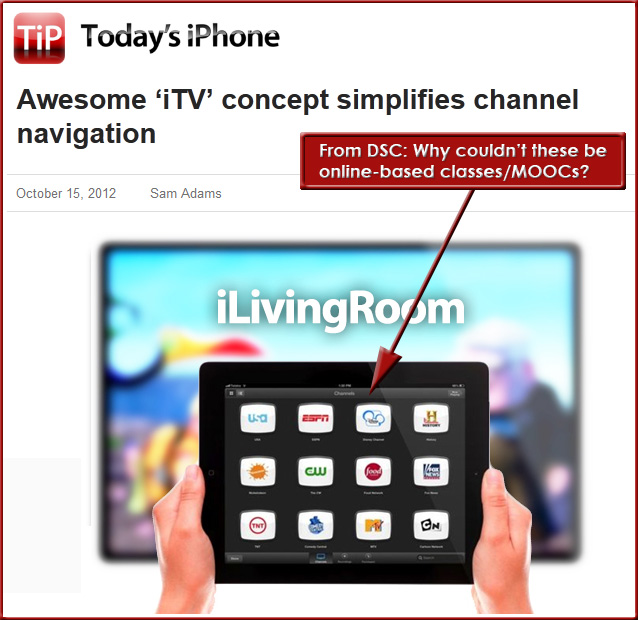Why Apple could still own the living room of the future — from cultofmac.com by Mike Elgan

Microsoft, Nintendo, Sony, Google and all the big-screen TV makers want to
own the the all-purpose living room entertainment system of tomorrow.
Connected home has broad appeal — from connectedworldmag.com
Excerpt:
Connectivity is becoming a part of so many home devices and systems that someday soon we may no longer refer to “connected home” technology but instead simply say technology for the home. The connected aspect will be implied, thanks in part to M2M (machine-to-machine) technology.
Augmented Reality in education — from ARNews.TV by Paul Hamilton
.
Learn best practices for using iBooks Author in education — from the New Media Consortium
Excerpt:
In 2012 the AT&T Learning Studio, NMC member Abilene Christian University (ACU) produced an annual report for corporate and on-campus audiences. The report needed to showcase media content within the broader context of our mandate to be a learning laboratory within the university. ACU chose iBooks Author to test its value as a tool for first-time users and design professionals. This webinar recording will walk you through opportunities and challenges in using iBooks Author for major projects.
Gartner Reveals Top Predictions for IT Organizations and Users for 2013 and Beyond
Analysts Examine Latest Industry Directions at Gartner Symposium/ITxpo, October 21-25 in Orlando
ORLANDO, Fla., October 24, 2012—
Gartner, Inc. has revealed its top predictions for IT organizations and IT users for 2013 and beyond. Gartner analysts presented their findings during Gartner Symposium/ITxpo, being held here through October 25.
Gartner’s top predictions focus on economic risks, opportunities and innovations that will impel CIOs to move to the next generation of business-driven solutions. Selected from across Gartner’s research areas as the most compelling and critical predictions, they address the trends and topics that underline the reduction of control that IT has over the forces that affect it.
“The priorities of CEOs must be dealt with by CIOs who exist in a still-turbulent economy and increasingly uncertain technology future,” said Daryl Plummer, managing vice president and Gartner fellow. “As consumerization takes hold and the Nexus of Forces drives CEOs to certain expectations, CIOs must still provide reliability, serviceability and availability of systems and services. Their priorities must span multiple areas. As the world of IT moves forward, it is finding that it must coordinate activities in a much wider scope than it once controlled, and as a result, a loss of control echoes through several predictions we are making.”
Gartner’s top predictions for IT organizations include the following…
Invisible’s ‘The New Obsolete’ showcases self-constructed instruments, touts a typewriter-driven piano (video) — from engadget.com by Billy Steele
Addendums:










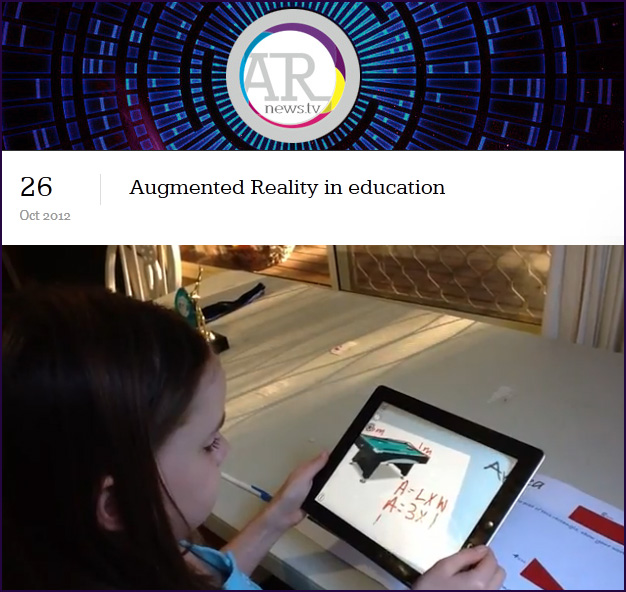

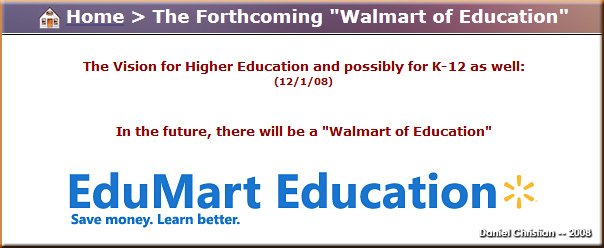


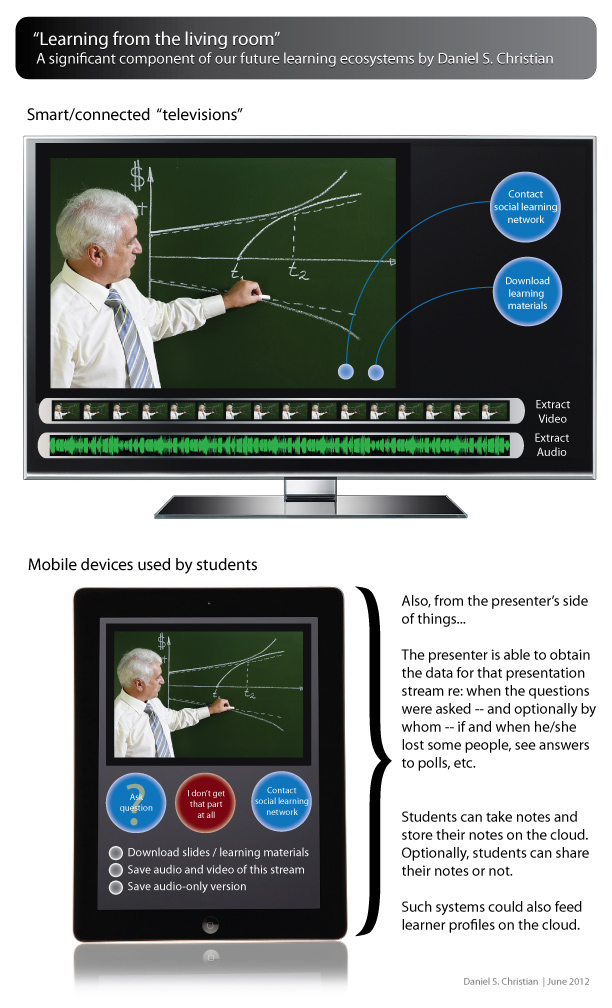
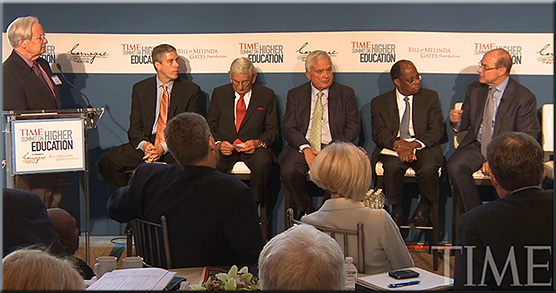
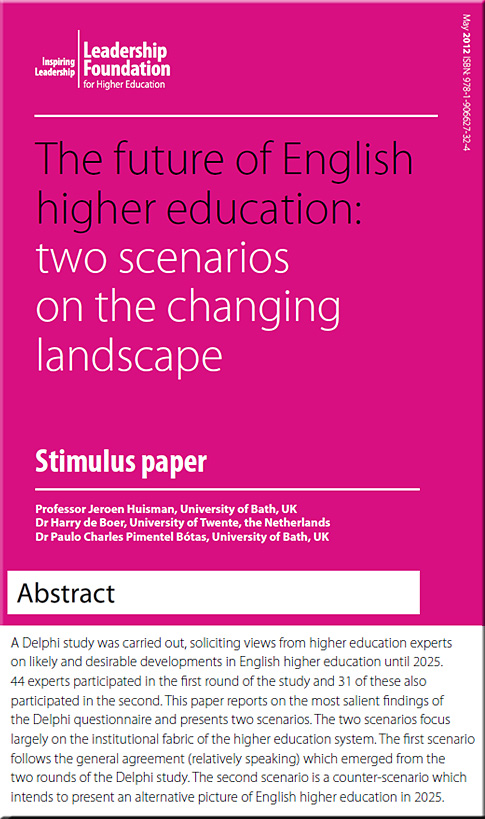

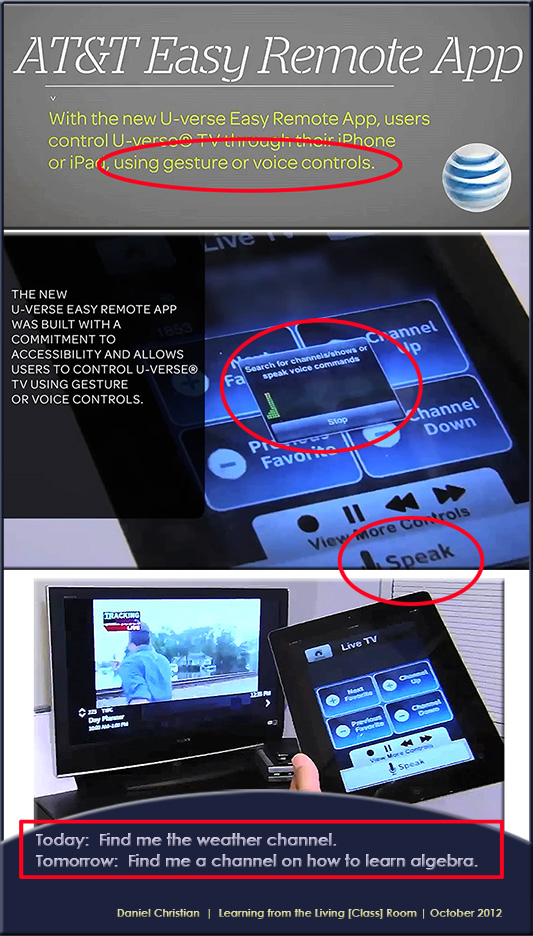

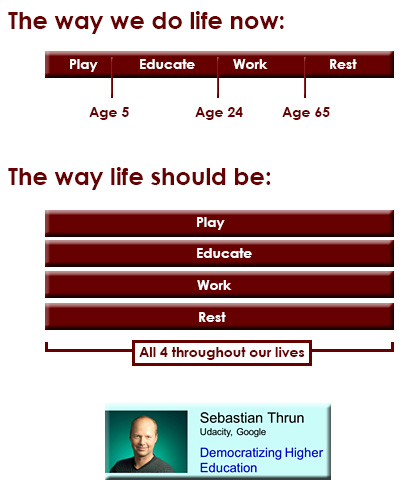

![The-Living-Class-Room-Daniel-S-Christian---July-2012 The Living [Class] Room -- by Daniel Christian -- July 2012 -- a second device used in conjunction with a Smart/Connected TV](http://danielschristian.com/learning-ecosystems/wp-content/uploads/2012/07/The-Living-Class-Room-Daniel-S-Christian-July-2012.jpg)
